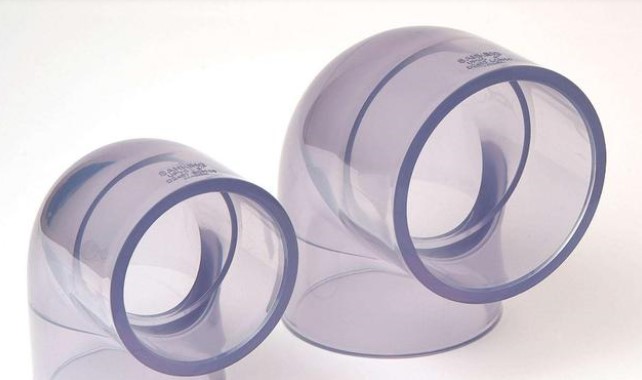What is Insufficient Filling Of Injection Molding?
Injection molding is not enough, referring to the phenomenon of partial incompleteness at the end of the injection plastic flow or a part of a mold cavity is not filled, especially the thin-walled area or the end area of the flow path. It is manifested that the melt condenses without filling the cavity, and the melt is not completely filled after entering the cavity, resulting in the lack of material in the product.

What causes injection molding is not enough?
The main reason for short injection is that the flow resistance is too large, causing the melt can not continue to flow. Factors affecting the melt flow length include: wall thickness of the part, mold temperature, injection pressure, melt temperature and material composition. These factors can cause short injection if not handled properly.
Hysteresis effect: also called stagnant flow, if there is a relatively thin structure, usually reinforcement bars, etc., at a location closer to the gate, or at a location perpendicular to the flow direction, then during the injection process, the melt will encounter a relatively large forward resistance when passing through the location, and in the flow direction of its main body, due to the smooth flow, no flow pressure can be formed, and only when the melt is filled in the main body direction, or enters the holding pressure will sufficient pressure be formed to fill the stagnant part, and at this time, because the position is very thin, and the melt does not flow without heat replenishment, it has been cured, thus causing under-injection.
How to solve the injection molding underfill?
1.Under-injection defect elimination methods.
--Material
Increase the fluidity of the melt
Reduce the addition of recycled materials
Reduce the decomposition of gas in raw materials
--Mold design
The location of the gate is designed to ensure that it fills the thick wall first to avoid stagnation, which can lead to premature hardening of the polymer melt.
Increase the number of gates to reduce the flow ratio.
Increase the runner size to reduce the flow resistance.
Proper location of the venting port to avoid poor venting (see if the under-injection area is burnt).
Increase the number and size of exhaust port.
Increase the design of cold material well to discharge cold material.
The distribution of cooling water channel should be reasonable to avoid causing the local temperature of the mold to be low.
--Injection molding machine
Check whether the non-return valve and the inner wall of the barrel are seriously worn, the above wear will lead to serious loss of injection pressure and injection volume.
Check whether there is material at the filling port or whether it is bridged
Check whether the capacity of the injection molding machine can reach the required capacity of the molding
--Process conditions
Increase the injection pressure
Increase the injection speed and enhance the shear heat
Increase the injection volume
Increase the barrel temperature and mold temperature
Increase the melt length of the injection molding machine
Decrease the buffer volume of the injection molding machine
--Extend the injection time
Reasonably adjust the position of each section of injection and the speed and pressure of injection.
--Part design
The wall thickness of the part is too thin.
There are reinforcement bars in the part that cause stagnation.
Large differences in the thickness of the part, causing stagnation in the local appearance, can not be avoided by mold design.
2. Measures to solve the problem of stall under-injection.
(1) Increase the thickness of the stagnant part, the thickness difference of the parts should not be too big, the disadvantage is that it is easy to cause shrinkage.
(2) change the location of the gate to the end of the filling, so that the location to form pressure.
(3) reduce the speed and pressure of injection molding, so that the early stage of filling on the front of the material flow to form a thicker curing layer, that increase the melt pressure, this method is our common measures.
(4) The use of materials with good flowability.













